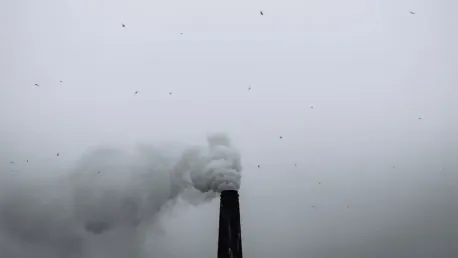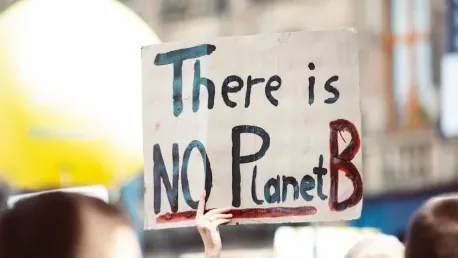
In a significant move to combat climate change, the United States has announced a new Nationally Determined Contribution (NDC) under the Paris Agreement, targeting a remarkable reduction in greenhouse gas emissions by 2035. This ambitious target focuses on decreasing net emissions by 61-66%

The article titled "Did Climate Change Amplify Hurricane Helene's Intense Rainfall?" delves into the factors that contributed to the extreme rainfall experienced during Hurricane Helene, particularly the influence of climate change. This topic is examined through the perspective of David

Artificial intelligence has become a cornerstone of modern technology, driving innovations across various sectors such as customer service, logistics, and management consulting. Despite its expansive benefits, the rapid adoption of AI has brought to light its significant environmental footprint,

Addressing climate change through technological advancement has become a critical priority, and the recent launch of the ARC Centre of Excellence for Carbon Science and Innovation at UNSW Sydney marks a significant stride towards this goal. Supported by a substantial AU$ 35 million grant from the

The Canadian government has unveiled its target to reduce greenhouse gas (GHG) emissions by 45-50% by 2035, using 2005 levels as a baseline. This initiative is part of Canada’s broader strategy to achieve net-zero emissions by 2050, aligning with the Paris Agreement and the Canadian Net-Zero

The International Court of Justice (ICJ), based in The Hague, Netherlands, has embarked on an ambitious and unprecedented journey of addressing the global climate crisis by hearing climate-related pleas to issue an advisory opinion. In a world originally emerging from the devastation of World War